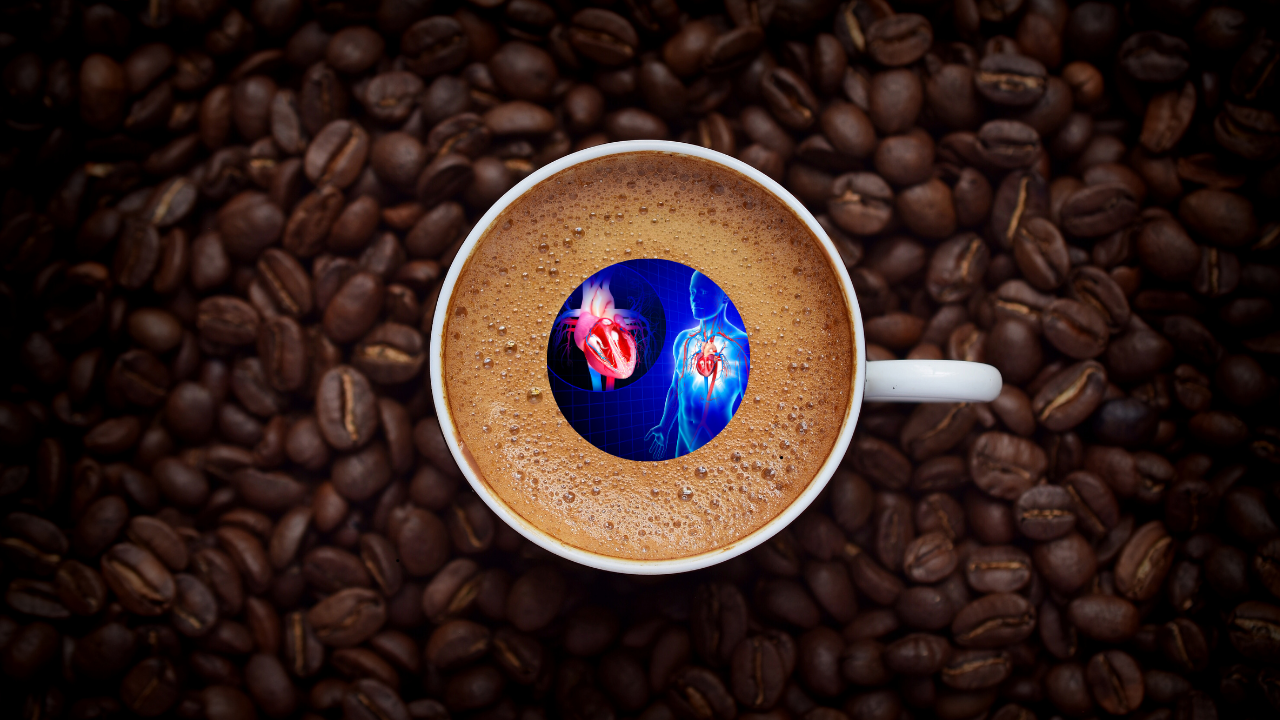Coffee For Heart: A Yes Or No? Here's What The Study Says

Credits: Canva
SummaryA new JAMA Network study says a daily cup of caffeinated coffee may actually protect the heart. In a first-of-its-kind trial, 200 patients with A-Fib were tracked, and those who drank coffee had a 39 percent lower risk of the condition returning. Researchers say coffee’s anti inflammatory effects and activity boost may explain the benefit.
End of Article
